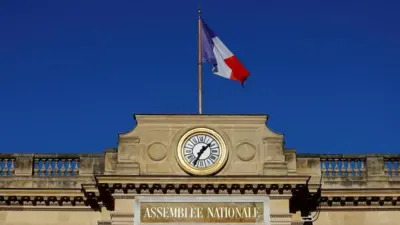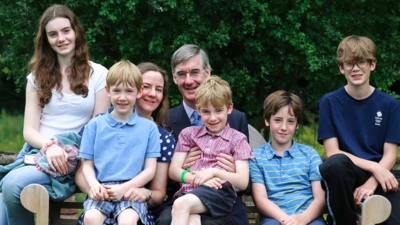We've updated our Privacy and Cookies Policy
We've made some important changes to our Privacy and Cookies Policy and we want you to know what this means for you and your data.
Pay rise takes MSP salary to more than ┬Ż63,000
Image source, PA
MSPs have been awarded a pay rise of 2.3% from next April.
The increase - which is in line with those working in the public sector - will see members' annual salaries rise to ┬Ż63,579 - up from ┬Ż62,149.
The first minister's salary entitlement will rise to ┬Ż155,680, but all Scottish government ministers will again choose to freeze their pay at 2008-09 rates.
Members of the Scottish Parliament do not vote on their pay rises.
Speaking at a Holyrood committee, members of the Scottish Parliament's Corporate Body explained that the rise is linked to salaries in the public sector.
The figure is determined using the annual survey of earnings and working hours published by the Office for National Statistics.
The first minister's salary entitlement will rise to ┬Ż155,680, however, since 1 April 2009, all Scottish government ministers, including Ms Sturgeon, have chosen not to accept their full entitlement - a voluntary pay freeze which means their take-home salary remains at 2008-09 levels.
The entitlement for cabinet secretaries will rise to ┬Ż111,359, with ministers' entitlement rising to ┬Ż93,510, when their salaries as MSPs are included in the overall figure.
As a result, the first minister's pay is still ┬Ż135,605, with cabinet secretaries earning ┬Ż96,999.
The additional money provided by the pay freeze - which will continue until at least 2021 - is made available for public spending.
The overall budget for MSPs' pay will increase next year by 3%, due to the creation of two additional cabinet secretary roles and one more junior minister at an extra cost of ┬Ż168,000.
Image source, Getty Images
The parliament was noted to have been "significantly busier" over the course of 2018, with MSPs spending an increased amount of time at Holyrood.
The time spent in committees increased year-on-year by 27%, with 9% more time spent in the chamber.
The number of committee meetings held also increased by 22%.
Sir Paul Grice, chief executive of the Scottish Parliament, said they were continuing to develop "innovative ways of working".
Mr Grice said: "Staff are just working very hard - there hasn't been a noticeable spike in overtime, we have a very flexible system of working so although we're very busy at certain times of the year, over the summer recess we would expect staff who principally service committees and in the chamber to be able to draw that down".
Top Stories
More to explore
Most read
Content is not available








